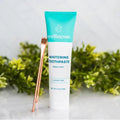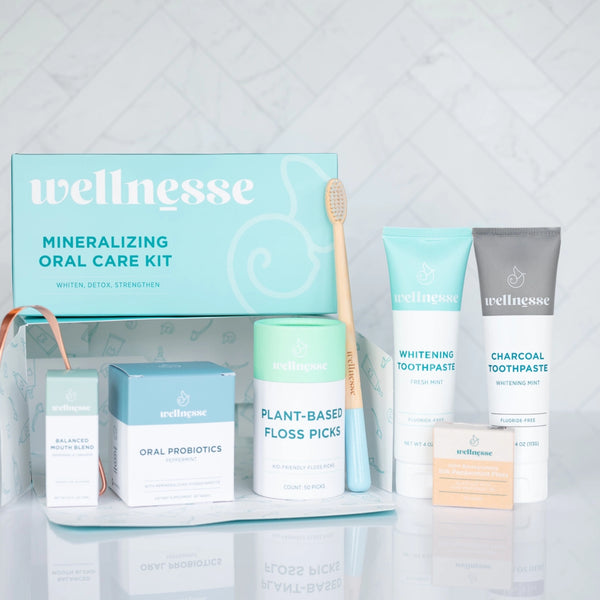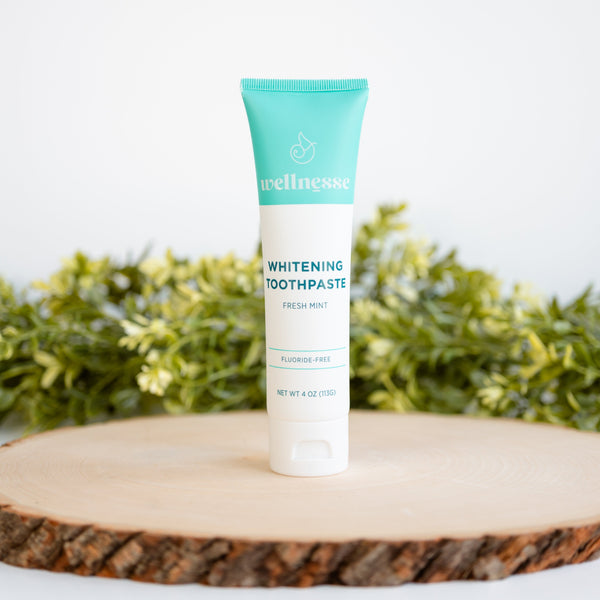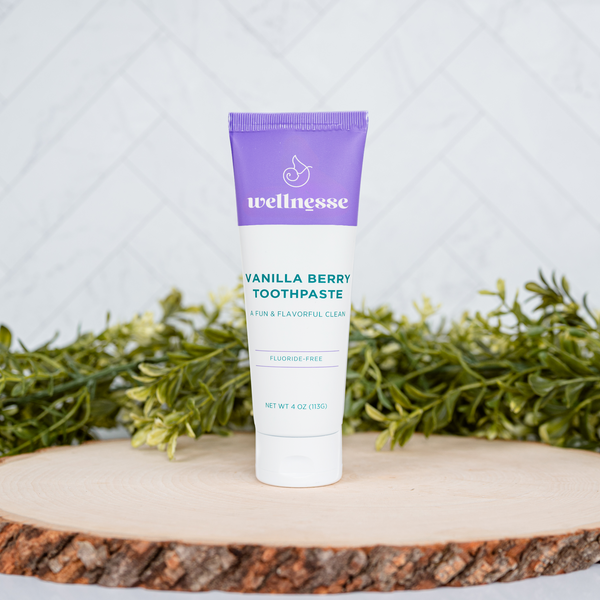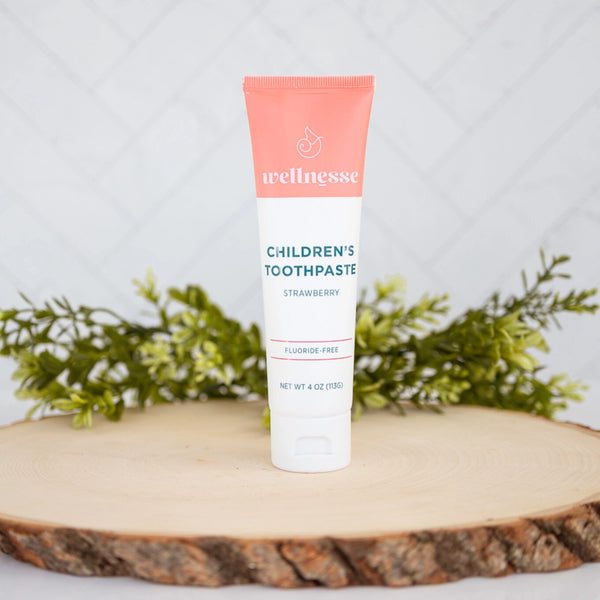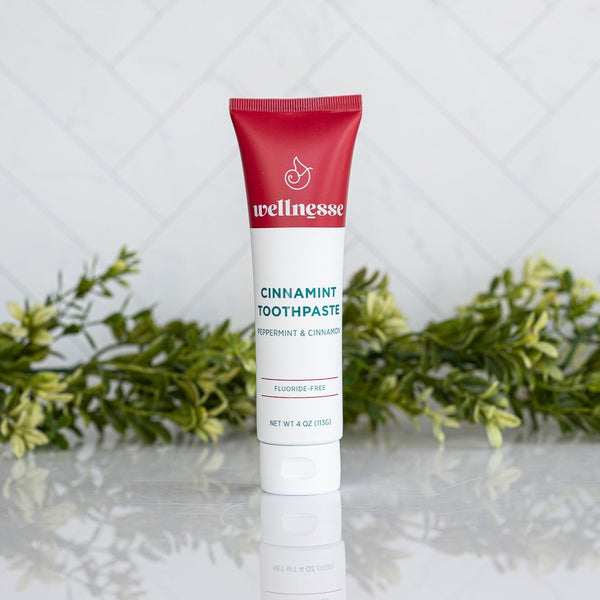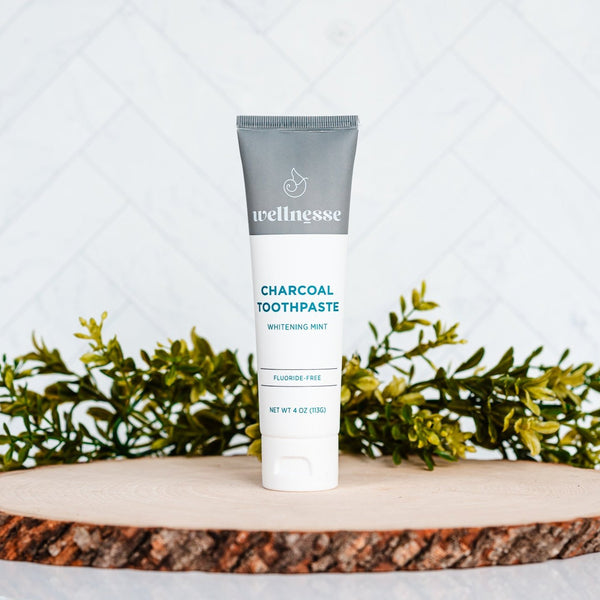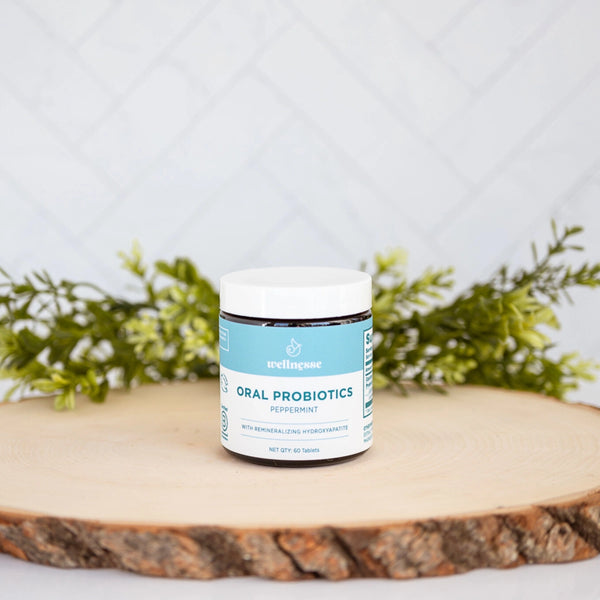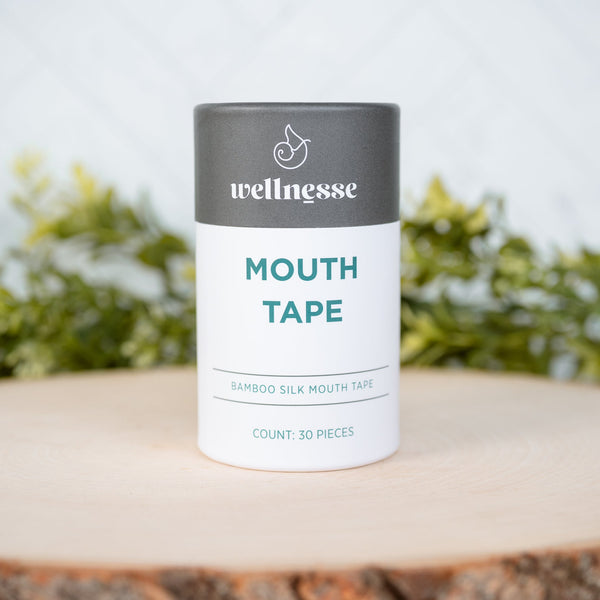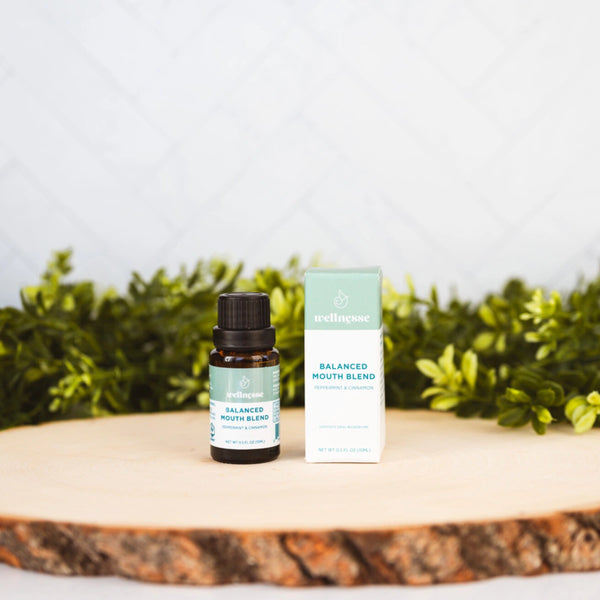What do the world's most prolific pollinators have to do with personal care products? Bees dramatically affect the planet; without them, many ecosystems would fail. In a future without bees, many of the all-natural ingredients we love could disappear altogether.
Even worse, a significant decrease in the bee population could result in a food shortage. Population numbers are already declining at an alarming rate. So today, we're looking into the role bees play in our ecosystem, how harmful business and management practices create the extinction threat, and what we at Wellnesse are doing to help!
To learn more about our values and practices, check out our About Page!
Bees and Our Food Sources
Most of us know that the thing bees are exceptional at is pollination. All bees do it: honey bees, bumblebees, carpenter bees, female bees, male bees, and even solitary bees. They all transfer pollen grains to help plants reproduce. Without this, many food sources wouldn't populate as well, and we would face a food shortage.
All the different categories and bee species have this in common, but there are still a few differences between them.
- Honey bees are the primary 'breadwinners' for the U.S. They are social bees, collecting pollen and protein for the hive. They pollinate food crops, produce honey and royal jelly, and only sting if they feel the hive is in danger. But they aren't originally native to North America; they initially came from Europe.
- Bumblebees (Bombus) are also considered social bees. They are more efficient pollinators than honey bees, and the females do the collecting. They search more for pollen than for nectar.
- Carpenter bees also pollinate flowering plants. Most of us recognize this kind by the annoying habit that gives them their name: They make holes in our wooden structures.
- Solitary bees are bees who leave the beehive and live alone. They pollinate all sorts of plant species worldwide, ensuring thriving communities in far-reaching areas.
- Worker bees are essential to honey bee colonies. They tend to the queen, clean the hive, and forage. Without this core workforce, the colony and the world at large suffer; many native plants thrive off of bee pollination.
- Queen bees lay the eggs. They are the critical component to establishing the bee colony, and they direct the unity of the hive by producing distinct chemical scents.
Fun Fact: All bees are insects in the order Hymenoptera, which also includes wasps and ants!
Understanding the different roles of bees within their hierarchy helps shed light on their ecosystem and how it works. At the end of the day, if bee pollination stops, so does the reproduction of countless crops. The bee ecosystem sustains most of our food, allowing our ecosystems to thrive.
The Threat to Bee Pollination
You've probably heard the news: Bees are dying. But what does that mean for the planet?
Since bees pollinate over 75% of the world's plants, bee extinction would mean the destruction of entire ecosystems. Our food supply would be severely diminished, and we all - not just the plant and animal kingdoms - would feel the consequences. Food security, as we know it, would cease to exist.
A hard truth about the ongoing and potential future loss is that humans hold a significant amount of responsibility for the population decline.
One major contributor to this decline is the use of pesticides in agricultural production. Research has shown that even non-lethal exposure to certain pesticides is devastating to bees because it may cause homing failure and habitat loss. Not only does this result in the separation of bees from their colony, but consistent homing failure can threaten severe colony loss and even cause ‘colony collapse disorder’, a phenomenon in which the worker bees abandon the hive, leaving behind only the queen and immature bees.
Another study noted how exposure to nicotine-based pesticides (neonicotinoids) impairs bees' physical ability to fly. Consider the most populated crops dispersed around the United States. Corn, soybeans, and many fruits and vegetables are mass-produced and mass-processed. The environmental working group (EWG) has identified neonics (nicotine-based pesticides) as the most widely used pesticide to spray these crops. Those foods are in nearly everything eaten in the average U.S. diet. (That’s not good for our health, either!)
While pollinating, bees are exposed to these pesticides and bring them back to their hive (if they make it back at all). Samples of neonics have been found in honey all over the world.
Fortunately, all hope is not lost. So, what can we do?
Positive Practices Protecting Pollinators
The organic center has determined that organic farming practices can play a prominent role in supporting the health of the bee population. They emphasize two critical ways organic farming accomplishes this.
First, organic farming standards push for the consideration and use of IPM (Integrated Pest Management). IPM is a longer-term goal of building a good ecosystem of insects that support the growth of crops and keep farms healthy. IPM includes strategies for investigating what attracts certain pests and making adjustments that allow for healthy growth without eliminating pests using chemical poisons (like insecticides). Of course, plans like these take diligence, patience, and time.
Second, organic farmers implement more biodiversity in their crops to allow for the growth of healthier, more robust ecosystems. This practice provides healthier soil, nutrient-dense crops, and more sustainable health for both farms and those who benefit from them.
Beekeeping is another helpful practice. The better we understand the creatures we share our world with, the better we can nurture and protect them! Obviously, not everyone wants to be a beekeeper - so for most of us, staying informed is an excellent first step toward progress!
Five Ways You Can Help!
While it’s important to be familiar with the big picture, only looking at the high-level problems can make us feel helpless. So here are five easy ways you can get involved!
- Start a bee garden: Choose a designated space (it doesn’t have to be huge - a windowsill or small patch of your yard will work!) to plant plants rich in nectar in pollen. Bonus points if you can find plants and flowers native to your region!
- Set up a bee bath: Fill a bird bath or shallow bowl with clean water and a handful of pebbles so the bees have something to land on while they drink!
- Support beekeepers and bee-friendly organizations: If you can, shop for products made from local honey and beeswax. Small, local business owners usually practice more conscious, eco-friendly methods than big corporations. Plus, local honey has been known to help with seasonal allergies!
- Plant a few trees: Trees don’t only provide hundreds of flowers and pollen sources for bees; they also provide hollows and nooks in their trunks where bees can make their homes.
- Get your friends involved: From taking a few friends with you to the farmers market to educating those around you, spreading the word can only help. Remember, the more the merrier!
How We Protect the Bees
With how long we've been warned about the threat to the bee population, it can be easy to have a pretty dim view of our chances. But we aren't helpless! We can always influence change for the better.
At Wellnesse, we have made it our mission to practice radical transparency in all aspects of our business. We make all our ingredients available on our website, and most of them have the cleanest possible rating from the EWG!
Aside from our EWG ratings, we source each of our ingredients as sustainably and ethically as possible. Many of our ingredients are wild harvested, which means they are gathered ethically from where they grow wild in nature (not from an industrial farm), unaffected by human activity and untreated by toxins and chemical pesticides.
We're also B Corp certified, which means we have met (and continue to meet) the highest standards of social and environmental performance. Through our certification and routine recertification, we prove that we are wholly dedicated to protecting the health of our customers and the world around us.
Our personal care line reflects our values: clean, honest, and sustainable. We believe in ripple effects - what's good for our bodies is good for the earth, and vice versa! Support a healthier you and a healthier planet with Wellnesse!
Resources
López-Uribe, M. M., & Simone-Finstrom, M. (2019). Special Issue: Honey Bee Research in the US: Current State and Solutions to Beekeeping Problems. Insects, 10(1), 22. https://doi.org/10.3390/insects10010022
Henry M, Béguin M, Requier F, Rollin O, Odoux JF, Aupinel P, Aptel J, Tchamitchian S, Decourtye A. A common pesticide decreases foraging success and survival in honey bees. Science. 2012 Apr 20;336(6079):348-50. DOI: 10.1126/science.1215039. Epub 2012 Mar 29. PMID: 22461498.
Tosi S, Burgio G, Nieh JC. A common neonicotinoid pesticide, thiamethoxam, impairs honey bee flight ability. Sci Rep. 2017 Apr 26;7(1):1201. DOI: 10.1038/s41598-017-01361-8. PMID: 28446783; PMCID: PMC5430654.
For National Honey Bee Day, Show Some Love for Pollinators. Environmental Working Group. (2021, June 4). https://www.ewg.org/news-insights/news/national-honey-bee-day-show-some-love-pollinators.
The Organic Center. (n.d.). https://www.organic-center.org/pollinator-health.
